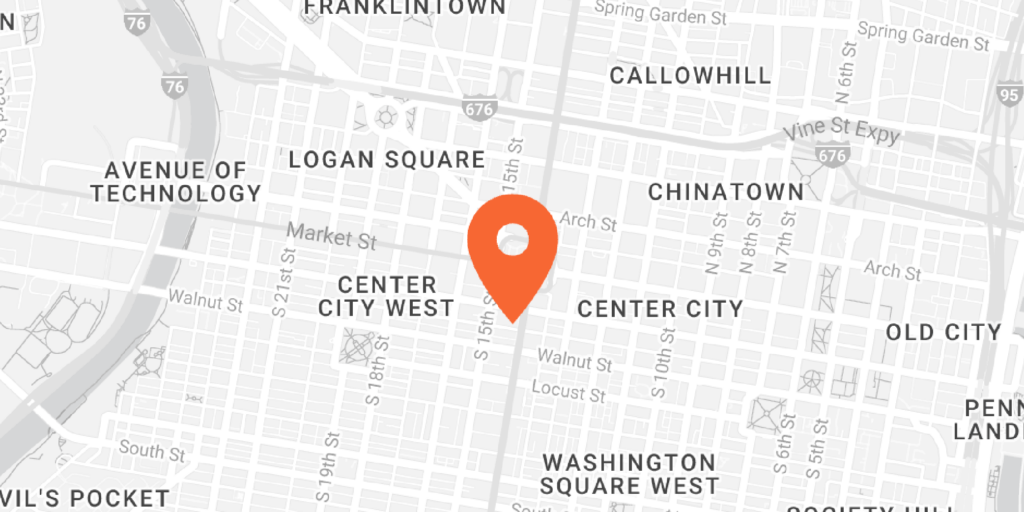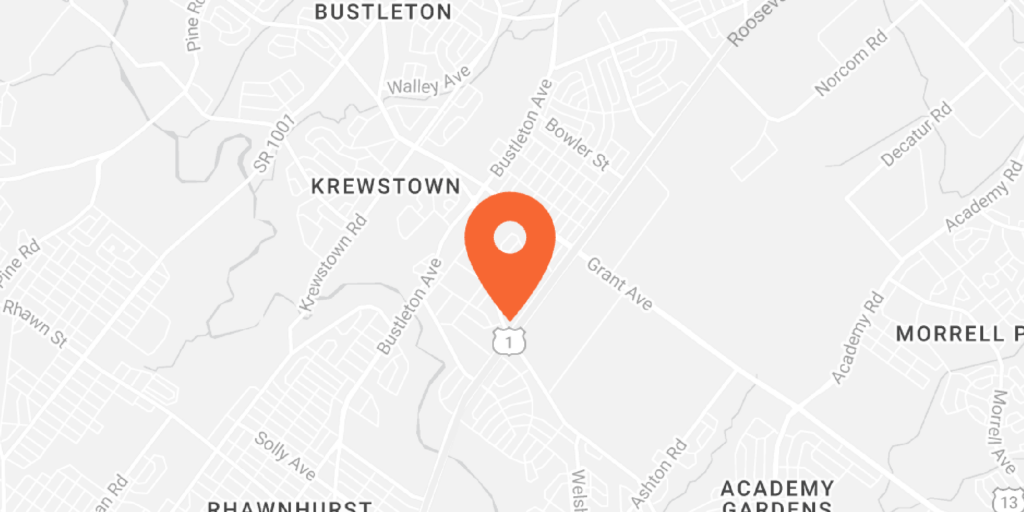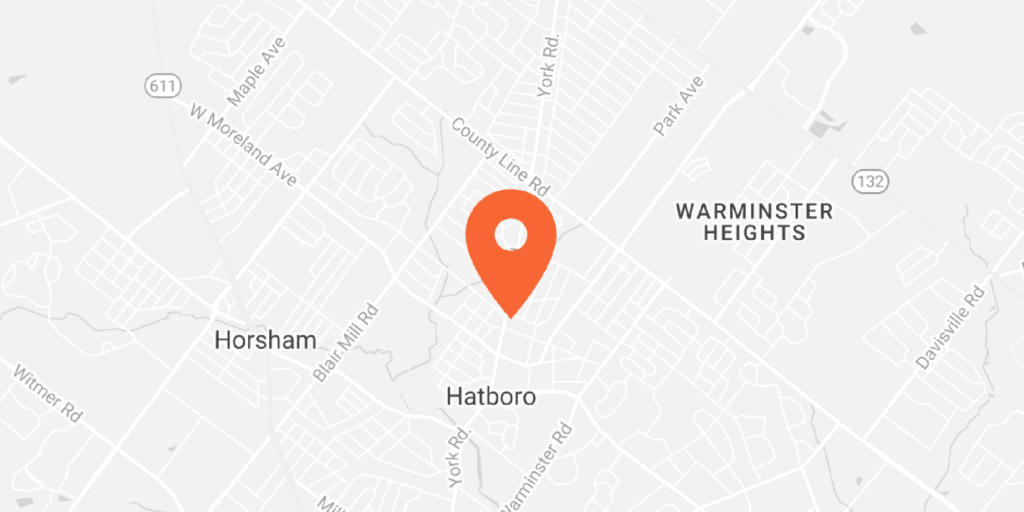It is common knowledge around the world that two of the best activities for maintaining proper oral hygiene are brushing and flossing. However, more and more people are starting to ask the question: Should I brush or floss first?
The question might sound pedantic, but choosing to brush or floss at the beginning or your oral hygiene routine can have a significant impact on your health. What is the right order?
The Best Way to Keep Your Smile Clean
Studies done by researchers have discovered flossing before brushing is the most effective way to eliminate plaque, bacteria, and food particles from the mouth.
Why?
Flossing is done to dislodge pieces of food which become trapped between the teeth. These pieces usually cannot be removed using a regular brush because the bristles do not penetrate the gaps between the teeth. This means they are not brushed away and spat out when flossing is done after a complete brushing.
So, it is ideal to start with flossing. Individuals should use an ADA-approved floss that has been treated and cleaned. Non-approved materials should be avoided because they can be shredded by the teeth and become trapped.
When flossing, you need to move the string all the way down to the gum line and pull to the right and left. This is the ideal method to dislodge food, but it also ensures your clean the sides of both teeth.
Flossing will dislodge food particles and clumps of white plaque. Do NOT swallow these. Swallowing too much plaque has been connected to significant health issues, including an increased risk of heart disease. Instead, spit them out or wait until you brush the rest of your smile and spit them out with the toothpaste.
Once you are done flossing, immediately start brushing your teeth with a fluoridated toothpaste and a soft-bristled brush. Move the brush in circular motions and make sure you address the backs and sides of your teeth.
For the best results, rinse with a fluoridated mouthwash at the end.
What Are the Other Benefits of Flossing First?
The other benefit of flossing before brushing is help your teeth become stronger. Toothpaste and mouthwash approved by the ADA tends to be fluoridated. Fluoride is a naturally occurring mineral which forms a common part of the human diet.
Fluoride has been demonstrated to be beneficial to dental enamel again and again. It identifies microscopic areas of decay and can help the enamel start to rebuild. This reduces your chances of developing more severe decay and problems like dental caries and cavities.
Flossing before brushing also reduces how much plaque you swallow. People often don’t realize plaque is composed of bacteria which can be digested and transfer to other parts of the body. Swallowing too much plaque increases your risk of heart disease, high blood pressure, and similar conditions.
Finally, flossing before your brush reduces your risk of developing gum disease. Gum disease is an infection of the soft tissues which surround the teeth, and it is often caused by plaque. When you brush before you floss, there is a high chance you will push plaque and food particles into your gums without realizing.
Over time, the bacteria on these substances begins to multiply and causes an infection. In its mildest forms, the infection is called gingivitis and can be treated with a basic dental cleaning. If the infection goes untreated for too long, it becomes periodontal disease and requires more extreme measures such as flap surgery.
How to Floss with Different Tools
People associate the act of flossing with the standard floss, a treated length of synthetic string which users push between the teeth and then pull to dislodge food. However, flossing as an activity has come a long way. Dentists and manufacturers have developed a broad range of tools to help eliminate plaque and food particles without using the standard string.
Water Irrigators
These are small electric tools which spray a steady stream of water from a central spout. This stream is targeted in between the teeth and uses pressure to remove plaque and food particles. These are used by many dentists and are becoming popular at home for people who have sensitive gums or teeth.
To use a water irrigator, users just need to turn on their irrigator to the lowest setting and gradually adjust the pressure until the stream is removing food. It is best to do this with the head lowered over the sink so the water drains out of the mouth and into the drain.
Flossing with a water irrigator should be done before brushing.
Interproximal Brushes
An interproximal brush, also called an interdental brush, is a small and flexible brush with bristles around a central head. It is designed to get between the teeth and dislodge food and plaque. These brushes are highly recommended for people who are wearing braces and cannot use typical floss.
Interdental brushes are excellent for flossing before brushing because they remove food that prevents the bristles of the toothbrush from reaching between the teeth.
For extra protection, many orthodontic dentists recommend dipping the head of the brush in a fluoride mouthwash to help the enamel recover.
Conclusion
Whether you need to brush or floss first has a simple answer: Focus on the flossing. It helps dislodge particles but also prepares your teeth for a thorough cleaning using a flexible brush and fluoridated toothpaste.
There are numerous benefits to following a strict oral hygiene routine like this one, especially if you remember to brush and floss twice a day. For the best results, this should be done in the morning and in the evening.
If you are struggling to clean your teeth and would like assistance from a professional, you can find a Philadelphia orthodontist near you. Often, skipping out on oral hygiene leads to long term problems down the road you could prevent. An orthodontist can also help you figure out why flossing might be difficult with your current smile.




